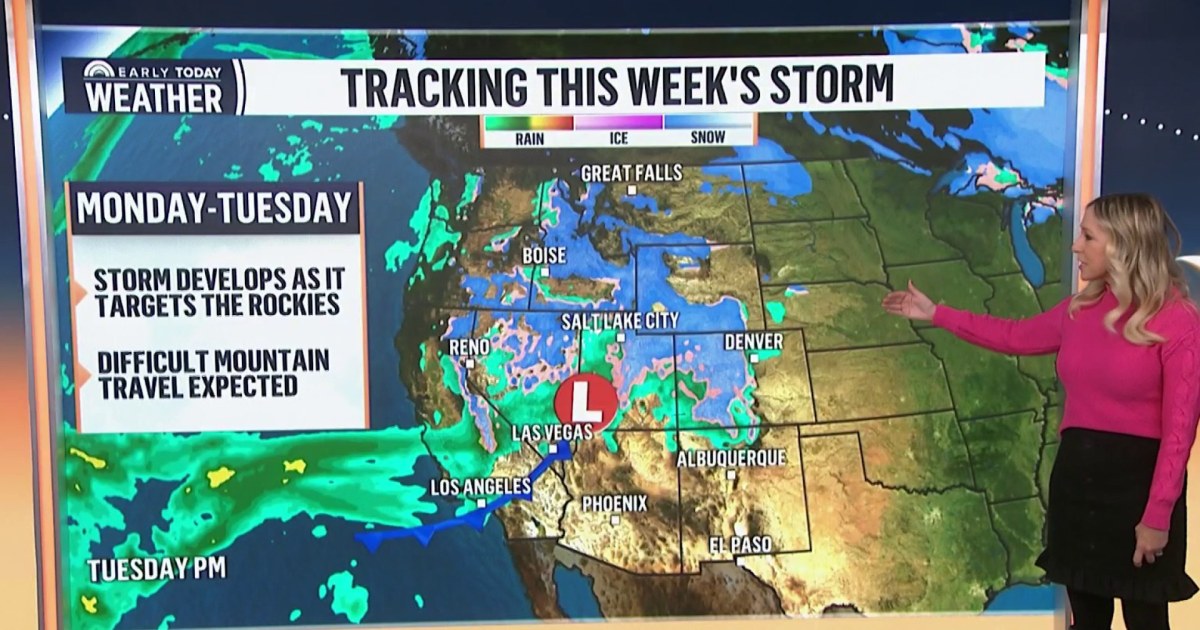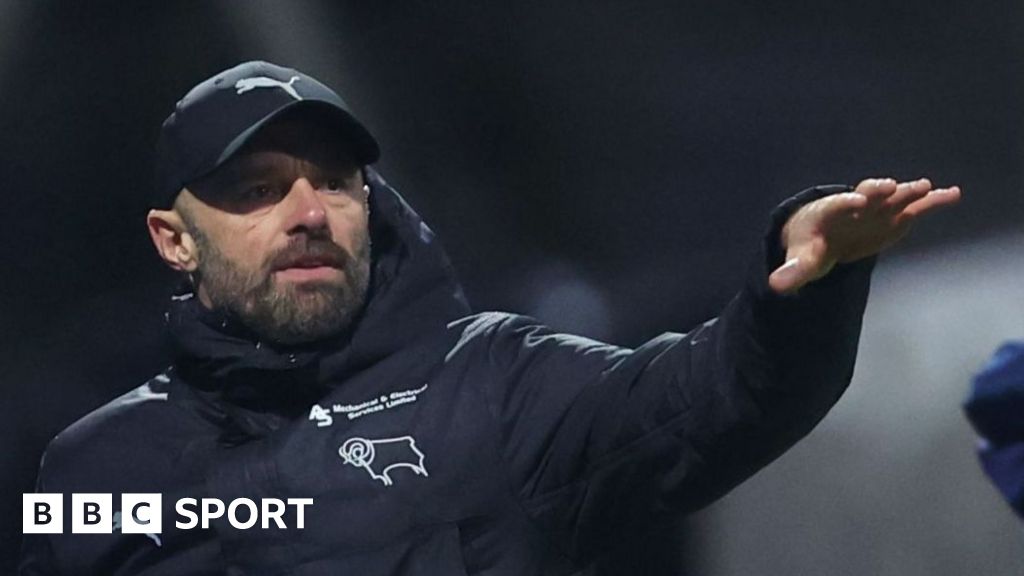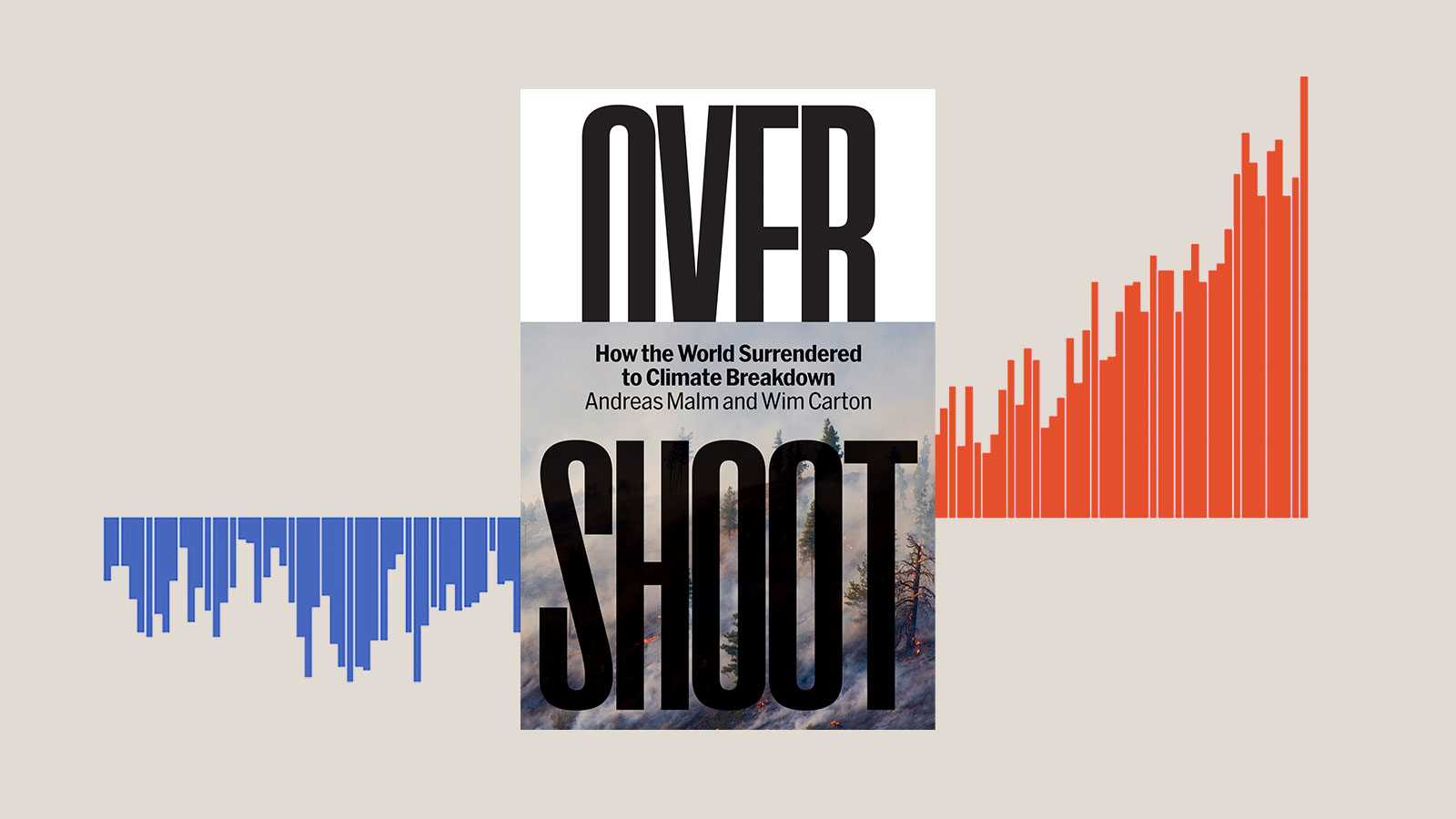Gambling
As betting scandals explode across sport, is the gambling industry whistling past the graveyard?
The OPP has opened an investigation into the sports betting scandal that prompted the NBA to permanently ban former Toronto Raptor, Jontay Porter, back in April.Rick Osentoski/Reuters
Pretty much everyone in the sports betting industry has a favourite story about match-fixing. Maybe it’s the one about the former pro hockey player who had signed over one of his $250,000 paycheques to a bookie to cover part of his debts. Or the tennis umpires who slightly delayed entering live match information into a global database, to give criminals who were watching from the stands enough time to make speedy bets on points they had just seen played. Or the corrupted soccer matches. Which ones, you ask? Seriously, take your pick.
These are just some of the tales bandied about this week at the Canadian Gaming Summit, a three-day annual confab in downtown Toronto whose timing this year was almost comically perfect, kicking off as the news broke Tuesday that the Ontario Provincial Police had opened an investigation into the sports betting scandal that prompted the NBA to permanently ban the blink-and-you-missed-him-as-a-Raptor, Jontay Porter, back in April.
The summit was an upbeat affair: Gamblers are optimistic folk, after all, and if you’re in the gambling business you’re probably a bit of a gambler yourself. But the chuckling over the scandals had an air of whistling past the graveyard. During a Thursday panel discussion about protecting the integrity of sports betting, Scott Vanderwel, the CEO of the sportsbook PointsBet Canada, framed the issue in blunt terms: “Sports betting, at its heart … trades on trust. And if you don’t have integrity, you don’t have trust.”
After the CEO of the Alcohol and Gaming Commission of Ontario (AGCO) had appeared on a panel on Wednesday, I buttonholed her to ask about the Porter matter. “We will unfortunately see more and more of these,” acknowledged Karin Schnarr, who argued that regulation has enabled the industry and authorities to spot more of the problems, through data sharing. “What I find really reassuring is that we’re actually catching these things going through.”
Well, sure, I said, but isn’t it a concern that we have no idea how many incidents aren’t being caught?
“I can’t speak to hypothetically how many there are that we’re not getting,” she replied. Which is fair. I just don’t know how reassuring that is to bettors, or even sports fans increasingly worried that the games they love may be compromised – whether they bet on them or not.
All four of the major men’s pro leagues in North America have now disciplined or banned players entirely.
Many believe AI could help solve the problem, looking for anomalies in enormous datasets, but others note that whatever high-tech tools the cops have access to, the criminals won’t be far behind. (And let’s face it: they’ll usually be far ahead.)
Still, for the moment, tech is coming in handy. During the Thursday panel, Sebastian Jedrzejewski, director of regulatory affairs for the integrity monitoring firm IC360, described one of his company’s products, a software product dubbed ProhiBet, which enables leagues and sportsbooks to share lists of individuals who shouldn’t be placing certain kinds of bets, such as coaches and players. The software prohibits the bet from even being placed: Think of it as a gentle version of the precrime system from Minority Report, except instead of being placed in an electronically induced coma for their malevolent intentions, athletes are flagged for further training on what is and is not permissible. Perhaps most important, since the bets don’t actually take place, the athletes’ careers aren’t put in jeopardy.
Colleges are evidently finding the system extremely helpful. “There’s no suspension, no loss of scholarship, no issues,” Jedrzejewski said. Which seems promising. But then he added an extraordinary statistic: “Last year, there were about 100 prohibited bettor suspensions across the world that were publicly noticed,” he said. This year, referring to the use of ProhiBet, “in May alone, with just our college uptake, we had 200 alerts.”
And tech will take us only so far. Legislation and global co-operation, while a lot less sexy, could be an important part of the solution. At the moment, match-fixing itself isn’t a crime in Canada (or, for that matter, in many countries around the world). The Canadian Gaming Association, which represents most of the industry, would like the Criminal Code changed to make that illegal. So would the Canadian Centre for Ethics in Sport, a Montreal-based not-for-profit that has educated tens of thousands of athletes on the risks of competition manipulation and sports betting.
Some would even like to see it made illegal to attempt to induce an athlete to engage in match-fixing, since the vast majority of them are so economically vulnerable that, the thinking goes, a little bit of unmarked cash from a suitcase might be hard to resist.
In March, the CCES urged the federal government to join the Macolin Convention, an international treaty that would ensure criminal penalties for match-fixing. But that won’t happen for years, at least: Before the feds can sign on, each of the provinces and territories needs to create a regulated sports betting market. So far, only Ontario has done so. This week at the conference, Dale Nally, Minister of Service Alberta and Red Tape Reduction, declared that his province would be next to greenlight the activity, and would follow Ontario’s model, but he didn’t lay out a timeline.
And, really, how do you fix an ecosystem with so many potential fault lines?
Toward the end of the Thursday discussion, which was moderated by the AGCO’s Doug Hood, an audience member submitted a question that was displayed on the screen behind the panelists: “Are stadium employees educated?” it read. “The janitor that sees Vladdy puking pregame has access to valuable info.”
To be clear, the question was purely hypothetical: There is no record of the Blue Jays’ Vladimir Guerrero Jr. ever vomiting in view of Rogers Centre staff, or anyone acting on the implications of such a spectacle which may or may not have occurred. Still, in a world where any nugget of information can be exploited, that potential problem can’t be ignored. “The stadium education, that’s an interesting one,” Hood acknowledged. “We can take that back and look at it, because there’s no requirement for that now.”






/cdn.vox-cdn.com/uploads/chorus_asset/file/25080265/111323_PlayStation_Portal_ADiBenedetto_0004.jpg)



